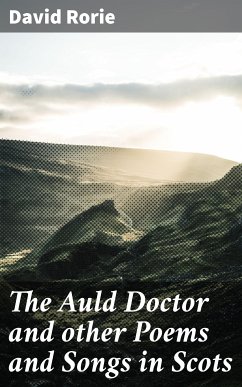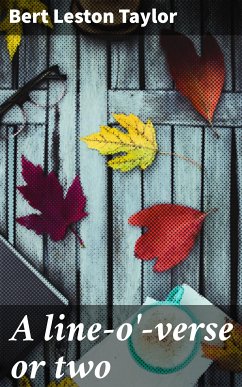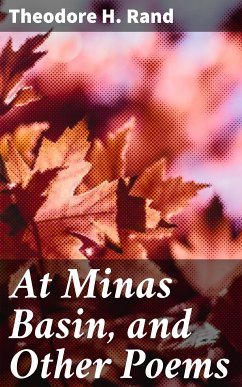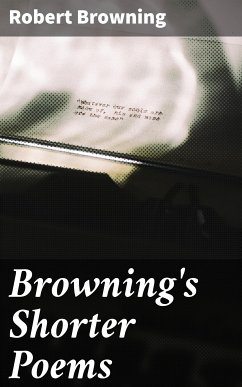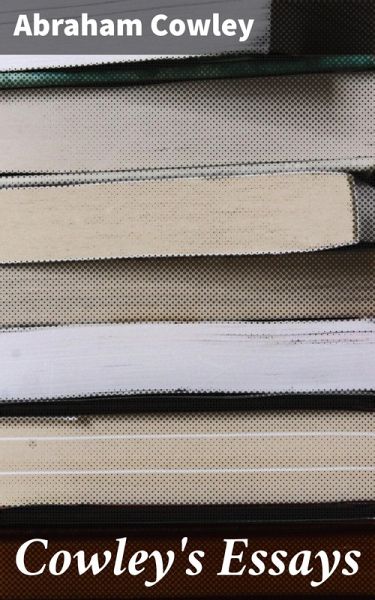
Cowley's Essays (eBook, ePUB)
Enriched edition. Exploring Intellectual Landscapes: Insightful Essays of the 17th Century
Kommentar: Day, Sean / Redaktion: Good Press

PAYBACK Punkte
0 °P sammeln!
Abraham Cowley's "Cowley's Essays" presents a rich tapestry of thought, articulating the complex interplay between human experiences, philosophy, and poetic expression. Written during the 17th century, when the essay genre was gaining prominence, Cowley's work is characterized by its intricate structure, wit, and an introspective style that invites readers to ponder personal and societal themes. Each essay blends elements of lyricism and rhetoric, revealing Cowley's unique ability to merge poetic insight with philosophical inquiry, making his essays both engaging and intellectually stimulating...
Abraham Cowley's "Cowley's Essays" presents a rich tapestry of thought, articulating the complex interplay between human experiences, philosophy, and poetic expression. Written during the 17th century, when the essay genre was gaining prominence, Cowley's work is characterized by its intricate structure, wit, and an introspective style that invites readers to ponder personal and societal themes. Each essay blends elements of lyricism and rhetoric, revealing Cowley's unique ability to merge poetic insight with philosophical inquiry, making his essays both engaging and intellectually stimulating. Cowley, a pivotal figure in the English literary landscape, was deeply influenced by the tumultuous political and social climate of his time, including the English Civil War and the Restoration. His early exposure to the classics, along with a keen interest in science and natural philosophy, shaped his perspective on the human condition and inspired the reflective tone of his essays. The integration of personal experience and broader societal observations demonstrates Cowley's mastery of the genre and his profound understanding of life's complexities. For readers seeking deep philosophical musings wrapped in eloquent prose, "Cowley's Essays" is an essential text. Its exploration of themes such as love, nature, and morality continues to resonate today, offering timeless insights that encourage contemplation and reflection. This work is a must-read for those interested in the evolution of essay writing and the philosophical underpinnings of literature. In this enriched edition, we have carefully created added value for your reading experience: - A comprehensive Introduction outlines these selected works' unifying features, themes, or stylistic evolutions. - A Historical Context section situates the works in their broader era-social currents, cultural trends, and key events that underpin their creation. - A concise Synopsis (Selection) offers an accessible overview of the included texts, helping readers navigate plotlines and main ideas without revealing critical twists. - A unified Analysis examines recurring motifs and stylistic hallmarks across the collection, tying the stories together while spotlighting the different work's strengths. - Reflection questions inspire deeper contemplation of the author's overarching message, inviting readers to draw connections among different texts and relate them to modern contexts. - Lastly, our hand-picked Memorable Quotes distill pivotal lines and turning points, serving as touchstones for the collection's central themes.
Dieser Download kann aus rechtlichen Gründen nur mit Rechnungsadresse in A, B, BG, CY, CZ, D, DK, EW, E, FIN, F, GR, H, IRL, I, LT, L, LR, M, NL, PL, P, R, S, SLO, SK ausgeliefert werden.






